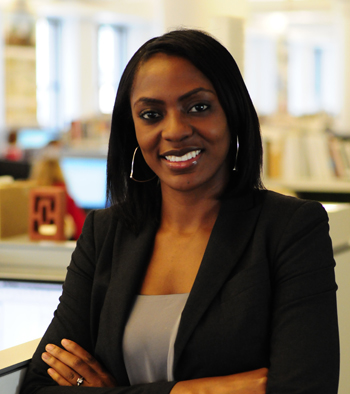
What is your name, age, and location?
My name is Alexandra Mann. I’m in my 20s. I split my time between Munich and New York.
What is your profession?
Filmmaker.
What did you study in school and what degrees do you have?
I received a Bachelor’s degree from Brown University in Computer Science with a focus on Artificial Intelligence.
What was your first job?
My first job was at 11 years old when I performed in a Eugene O’Neill play at the Actors Studio in New York.
Who or what inspired you to break into your current line of work?
I was first exposed to filmmaking as a young child, when I visited my brother, actor Gabriel Mann (Bourne Identity, Don’t Come Knocking, Life of David Gale, et al), on movie sets.
Throughout my life, however, I have had an immense desire to understand the human condition. As a teenager, I spent time with Buddhist monks and nuns at a monastery in Taiwan; with Hurricane victims in St. Thomas; and with the Hopi Indians in Arizona, rebuilding their homes. At Brown University, I studied Artificial Intelligence to gain a deeper understanding of the human brain. After college, I worked at an orphanage in Brazil for children who were victims of incest, rape, gangs, and attempted murder.
As a filmmaker, I draw from these experiences and from my Native American roots with a keen interest on highlighting the plight of those who are underrepresented as decision makers in society; on preserving the environment; and on helping those who lack the resources and support to live fulfilling healthy lives.
Name/describe what has been your most rewarding project so far?
I am currently working on a documentary about women and their underrepresentation in business and politics in America. A lot of the world is focused right now on the destitution of people in developing countries, but I feel it is of equal importance to look at how we are treating our people at home, especially our women and minorities. We still have a long way to go before America is a place where all people have equal access to resources and opportunities.
Name/describe one incident when being a woman has helped your career?
Unfortunately, it’s difficult for me to answer how being a woman has helped my career. There are so few advantages to being a female in an industry that is overwhelmingly controlled and influenced by the opposite gender.
What has been helpful is access to women’s networks, such as 85 Broads and Women in Film. Through these groups, I’ve been able to connect with like-minded women, learn about initiatives specifically geared toward empowering female filmmakers, and know that I am part of a community that I can reach out to for support and advice.
Name/describe one incident when being a woman has hindered your career?
I find that as a female filmmaker I sometimes have to work harder to be taken seriously, especially when working abroad. I recently filmed a project in India where the local production coordinator had difficulty conducting business with me as a woman. Instead, he looked to my male assistant for direction. It required extra effort on my end to make him fully understand that I was the one running the show.
Who is your role model or mentor (alive or dead)?
To be honest, I haven’t really had a role model or mentor, which is not for the lack of wanting one. Of anyone, I look to my great grandmother who was a Cherokee concert pianist in Texas at a time when “a good Indian [was] a dead Indian” (General Sheridan, 1867), as a trailblazer and a source of motivation. But overall, I’ve had to carve a path on my own and trust that I can figure out how to get where I want to be.
I derive personal courage and perseverance, however, from watching inspiring vignettes in art and in life: from the acting performance of Hal Holbrook in Into the Wild; the awe-inspiring documentary Winged Migration; the heart-breaking performance of Brigitte Fossey in the French film Forbidden Games; to the beauty of Albinoni’s Adagio in G Minor. These moments speak to a deep desire in me to connect. It is these moments that inspire me to make films that provoke empathy and if successful rouse others to do the same.
If you could give one piece of advice to a woman starting out in your field, what would it be?
I think a lot of women can be plagued by insecurity and easily discouraged when they are starting out in the film industry, especially since there are so few female role models. My advice would be to trust in your own voice, believe that you have something of value to contribute, and know that you have all the resources within yourself to accomplish your goals.
Contact Info:
AlexandraMann [at] gmail [dot] com
– Interview by Elena Rossini

